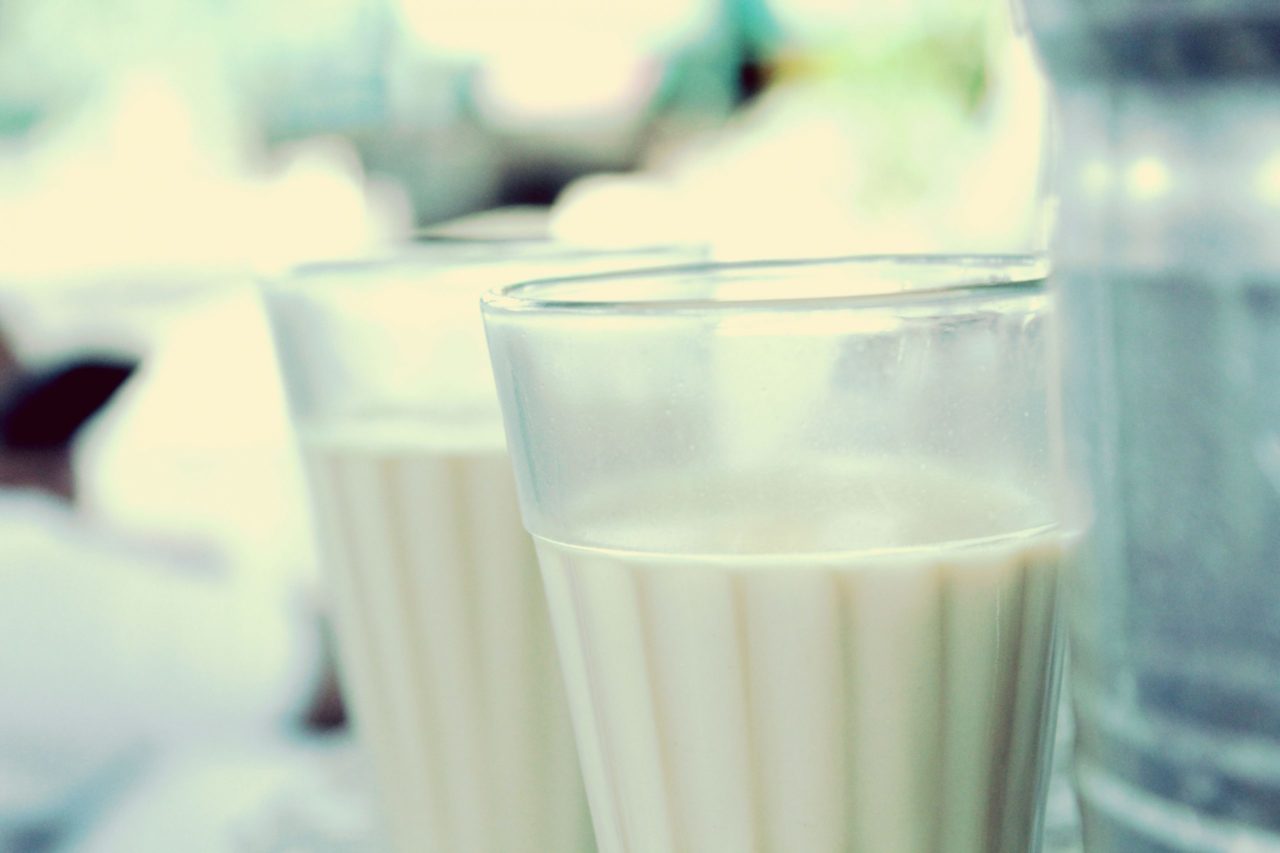
The TPG-backed Made Group is tapping into the growing health trend of low sugar drinks and increasing its focus on sustainability by using innovative technology to create a milk product, ReMilk.
Made Group was the first Australian company to launch vitamin-infused bottled water (NutrientWater), coconut water, high-protein breakfast drinks, and cold-pressed juices with an extended shelf life – beating giants such as Coca-Cola Amatil and Asahi’s Schweppes to the market by several years.
Now, co-founders Luke Marget and Matt Dennis are expanding the business after signing a deal last year with TPG Capital, which has a 60 percent stake. Following the equity injection, Made’s enterprise value is between $300 million and $350 million.
They are not only widening their portfolio of non-dairy products such as Loco, a plant-based cream alternative, and Cocobella coconut yoghurt, but also turning to specialty fresh dairy using cow’s milk from Victoria’s Gippsland region.
Mr Marget said more “flexitarians” were emerging – those who were semi-vegetarian and ate mostly plant foods with the occasional inclusion of meat.
“But what we’re seeing is a trend towards an increasing number of flexitarian consumers that are still interested in products like dairy that had a nutritional powerhouse, but also looking at complementing their diet with plant-based products from time to time, so that’s why we can offer consumers different choices.”
Cow’s milk is mostly made up of water; the other components are fat, lactose and minerals such as calcium. Plant-based milk is low in protein and can also have less calcium, which is needed for strong bones.
Mr Dennis said innovation had been lacking in recent years in the milk category. Through a cold filtration technology process, half the natural sugar of ReMilk was removed, he said, but it had more proteins than regular milk.
After the cold filtration process, ReMilk also becomes lactose-free as any remaining lactose is converted into other sugars such as glucose and galactose by using natural lactase enzymes that are added to the milk.
“The thing that struck me about the ReMilk proposition is it’s obviously addressing some of those sort of nutritional requirements that many consumers are seeking, but also addresses a more sustainable solution,” Mr Dennis said.
“This is a product which appeals to a broad audience.”
More than 50 per cent of Australians are estimated to have some form of lactose intolerance, a figure that rises to 70 per cent in Asian countries.
Mr Marget said the removed lactose offshoot could be used in other products such as baby formula, and this would help reduce the group’s carbon footprint and cut wastage.
Consumers are becoming increasingly conscious of their purchasing patterns and seeking out more sustainable solutions.
A recent LEK Consulting sustainability survey across the UK, the US and Australia showed that more than half the 2700-odd people surveyed were turning their backs on unsustainable choices and willing to pay a premium for sustainable brands, especially for products in pet care, beauty and household basics.
ReMilk has invested in a renewable packaging format called Tetra Rex by Tetra Pak, made from a combination of plastics derived from sugar cane and paperboard.
The pair say that by swapping regular milk with ReMilk, consumers would remove 1.7 kilograms of sugar from their diet every year.
They say their ReMilk product, made under the Rokeby Farms label, is not to be confused with an Israel-based start-up dubbed Remilk, which makes dairy-like products but not with cow’s milk.
“This is our brand that we created using our innovation,” Mr Marget said.
He said there had been a focus on accelerating sales into Asia for the larger Made Group suite of productions, but ReMilk was focused on winning a share in Australia’s $3.2 billion milk category.

